Your cart is empty
Standards
GCSE Exam
The General Certificate of Secondary Education (GCSE) is the main academic qualification taken by students in England, Wales, and Northern Ireland, usually at the age of 15–16, after completing Key Stage 4 of the national curriculum. It serves as a crucial milestone in a student’s education, as GCSE results often determine future study options, such as A-levels, vocational qualifications, or apprenticeships, and can also influence career opportunities.
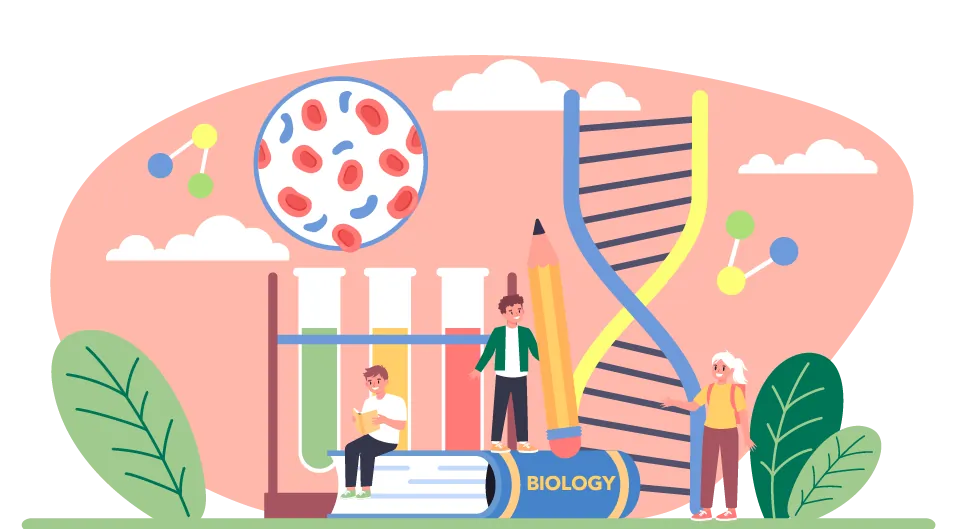
GCSE Biology
Explores living organisms, cells, ecosystems, and human biology, building scientific knowledge and critical thinking for future study.
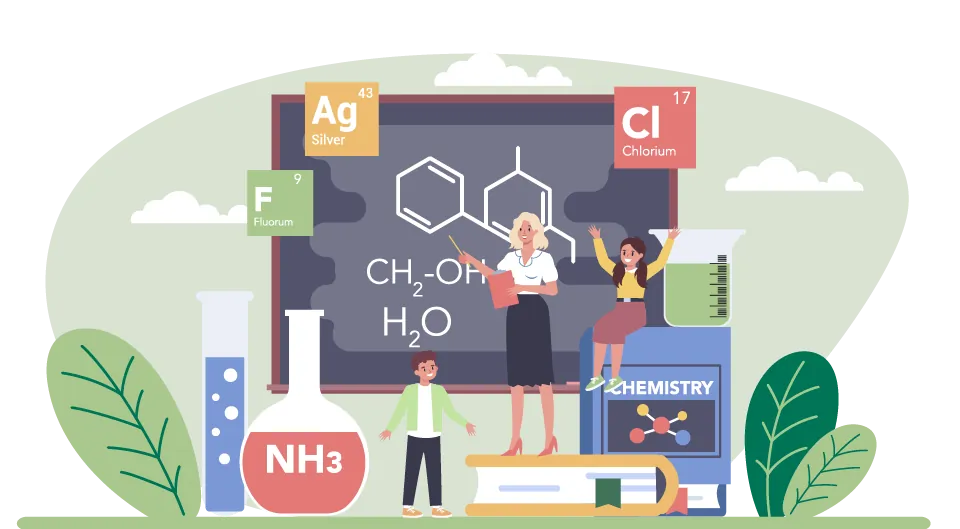
UK-GCSE CHEMISTRY
Investigates atomic structure, bonding, the periodic table, chemical reactions, quantitative chemistry and energy changes.

GCSE Computer Science
Builds coding, logic, and problem-solving skills, exploring how computers work and preparing students for digital careers or further study.
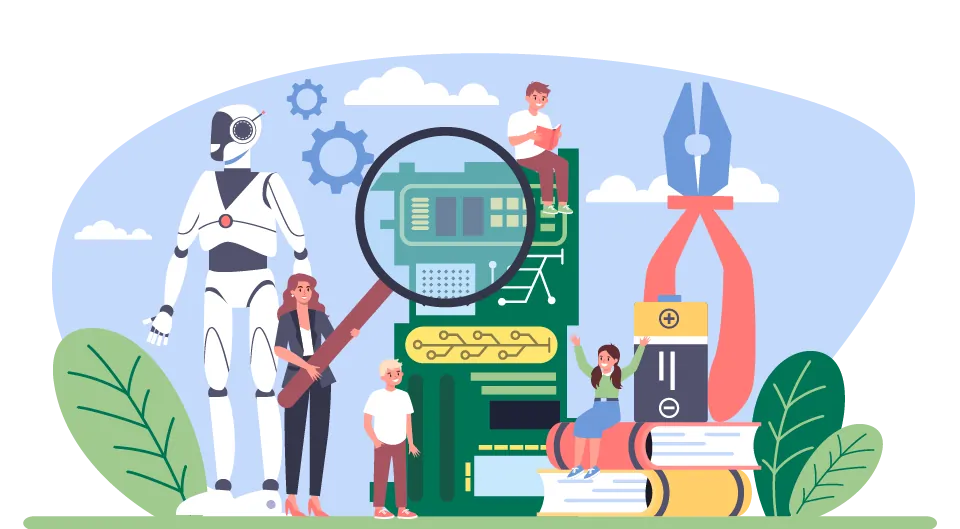
GCSE Engineering
Covers engineering materials, manufacturing processes, testing, and practical skills for designing and producing engineered solutions.

GCSE English Language
Develops analytical reading, creative writing, and communication skills through studying diverse texts and spoken tasks.

GCSE English Literature
This curriculum focuses on reading, writing, and spoken language skills for effective communication and critical analysis.
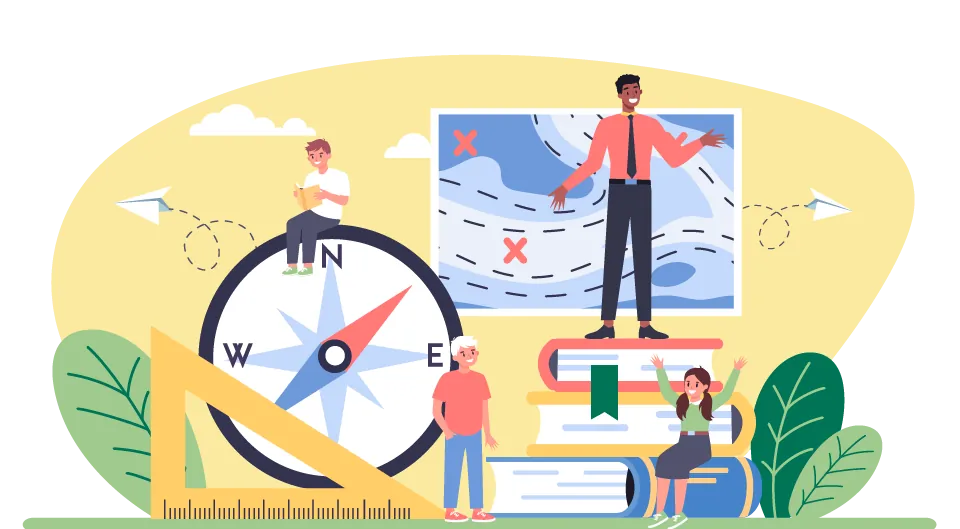
GCSE Geography
Explores physical and human geography, developing map skills, fieldwork techniques, and understanding environmental issues.
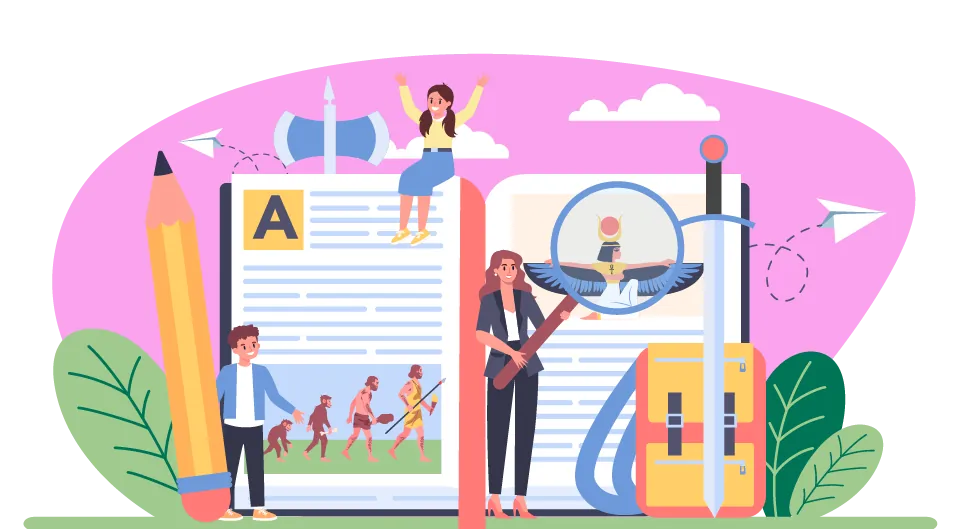
GCSE History
Covers British and American history from 1840 to the present, focusing on key events, themes, and historical interpretations.
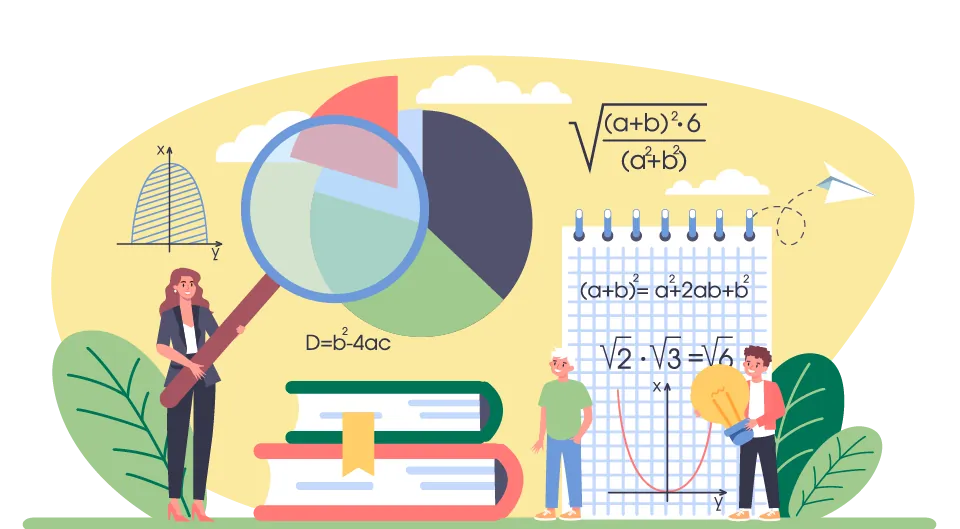
GCSE Mathematics
Gives insight into algebra, geometry, probability, and statistics, developing mathematical skills and problem-solving abilities.

GCSE Music
Delves into music theory, performance, and composition, developing skills in understanding, performing, and creating music across styles.
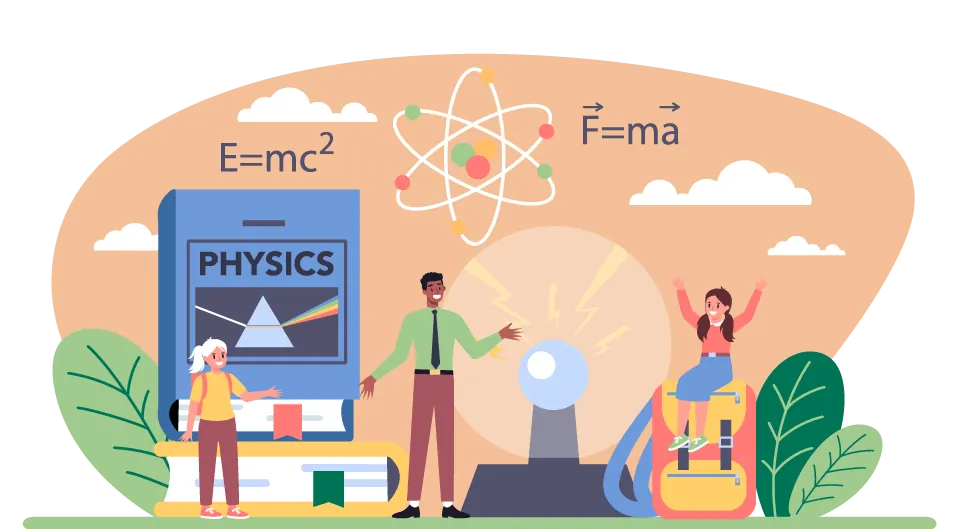
GCSE Physics
Explores energy, electricity, particle model, atomic structure, forces, waves, and space physics, building foundational physics knowledge.

GCSE Statistics
Outlines statistical concepts, data analysis, and interpretation, preparing students for understanding and applying statistical methods.
A-LEVEL Exam
The A-Level exam (Advanced Level) is a UK qualification typically taken by students aged 16–18 after GCSEs. It provides in-depth study of chosen subjects and is assessed mainly through final written exams, with some coursework in certain areas. A-Levels are highly valued by universities and employers, as they develop critical thinking, analysis, and independent learning, preparing students for higher education or professional paths.

A-LEVEL Biology
Explores cells, organisms, and ecosystems, emphasizing knowledge, application, and analysis of scientific concepts and techniques.

A-LEVEL Chemistry
Investigates atomic structure, bonding, the periodic table, chemical reactions, quantitative chemistry and energy changes.

A-LEVEL Computer Science
Studies computer science fundamentals, including programming, data structures, algorithms, and computer systems.

A-LEVEL Engineering
Covers manufacturing processes, systems, testing, and practical skills for designing and producing engineered solutions.

A-LEVEL Geography
Examines physical and human geography, covering climate, ecosystems, landscapes, global systems, urbanisation, and development.

A-LEVEL History
Examines topics like Tudor England, the Cold War, civil rights, and empire, focusing on change, continuity, and historical context.

A-LEVEL Mathematics
Covers advanced mathematical concepts, problem-solving, and modeling, preparing students for further study and real-world applications.

A-LEVEL Physics
Examines fundamental physics concepts, including measurements, particles, waves, mechanics, electricity, and fields, for advanced study.
Common European Framework of Reference for Languages
The CEFR is a European guideline with six levels (A1-C2) for assessing foreign language proficiency, now used globally.

EU-CEFR English
European language proficiency framework with six levels (A1-C2) describing English skills in listening, reading, speaking, writing, grammar, and vocabulary.

